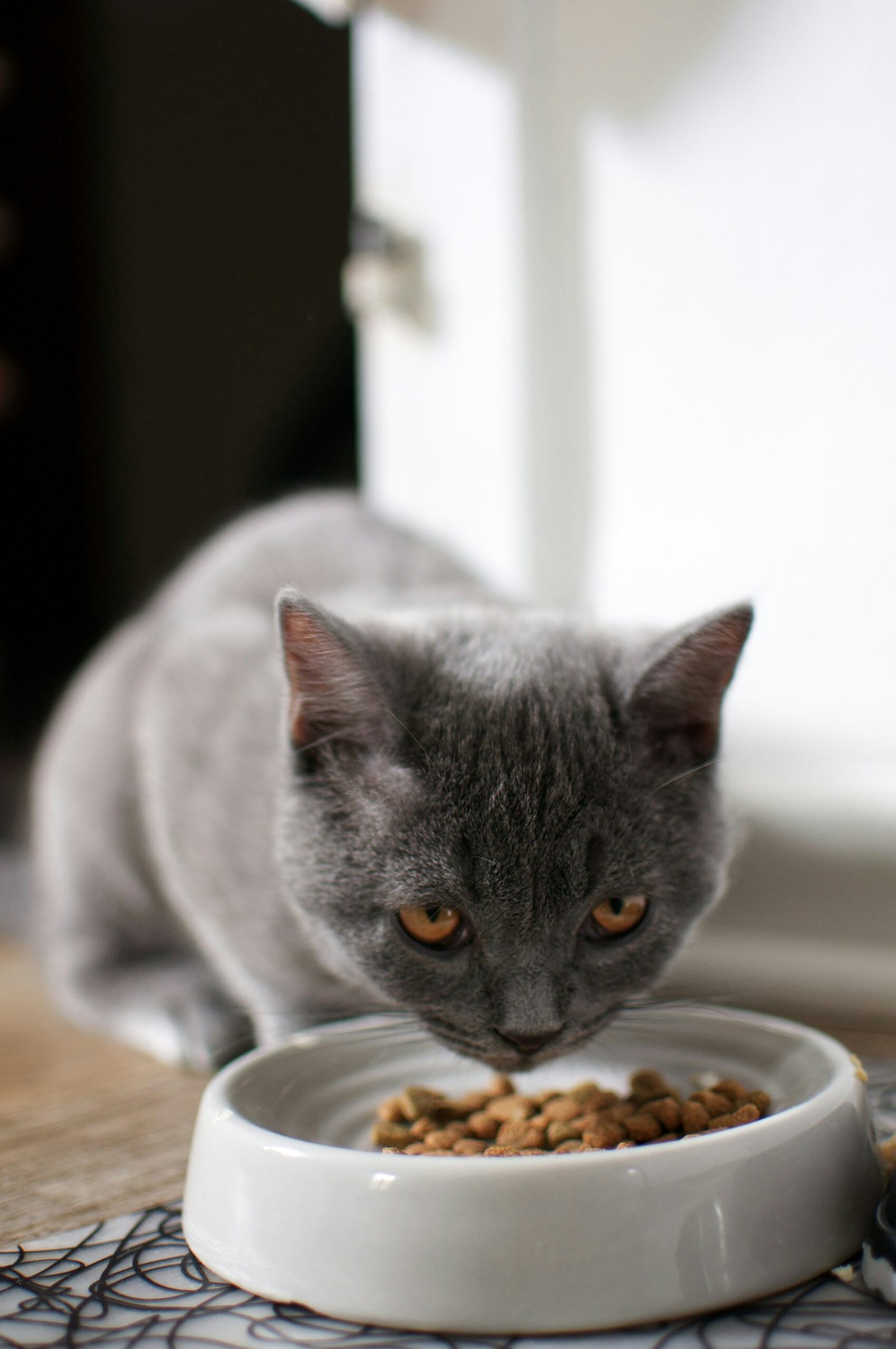As a cat owner, you want to provide the best possible care for your feline companion. One important aspect of their well-being is their nutrition. Just like humans, cats require a balanced and nutritious diet to thrive. With their discerning taste buds, it can sometimes be a challenge to find the right food that meets their nutritional needs while also satisfying their palates. In this article, we will explore some nutrition tips to ensure your cat’s fine dining experience.
1. High-Quality Protein
Cats are obligate carnivores, which means they require a diet rich in animal protein. Look for cat food that lists a high-quality source of protein, such as chicken, turkey, or fish, as the primary ingredient. Avoid products that contain fillers or meat by-products, as these are of lower quality and provide less nutritional value.
2. Essential Nutrients
In addition to protein, cats also need a balance of essential nutrients to support their overall health. These include vitamins, minerals, and fatty acids. Look for cat food that is labeled as “complete and balanced” to ensure it meets all of your cat’s nutritional requirements.
3. Moisture Content
Cats have a low thirst drive and are prone to dehydration. Including wet food in their diet can help increase their overall moisture intake. Wet food also tends to be more palatable for cats, as it mimics the texture of their natural prey. If feeding dry food, make sure your cat has access to fresh water at all times.
4. Avoid Overfeeding
Obesity is a common issue among cats, which can lead to various health problems. It’s important to feed your cat the appropriate portion sizes and avoid overfeeding. Follow the feeding guidelines on the cat food packaging, but also consider your cat’s individual needs, such as their age, activity level, and overall health.
5. Gradual Diet Changes
If you decide to switch your cat’s diet, it’s essential to do so gradually. Sudden changes in food can upset their digestive system and cause gastrointestinal issues. Start by mixing a small amount of the new food with their current food and gradually increase the proportion over several days until they are fully transitioned to the new diet.
6. Regular Vet Check-ups
Regular visits to the veterinarian are crucial for monitoring your cat’s overall health and nutritional needs. Your vet can provide personalized advice based on your cat’s specific requirements. They can also recommend any necessary dietary supplements to ensure your cat is getting all the nutrients they need.
7. Treats in Moderation
While treats can be a fun way to bond with your cat and provide enrichment, it’s important to offer them in moderation. Treats are often high in calories and can contribute to weight gain if given excessively. Look for healthy, low-calorie options or consider using their regular cat food as a treat during training sessions.
8. Watch for Allergies or Sensitivities
Just like humans, cats can develop allergies or sensitivities to certain ingredients. If you notice any signs of digestive upset, skin issues, or other allergic reactions, consult with your veterinarian. They can help identify the potential allergen and recommend an appropriate diet or elimination trial to determine the cause.
By following these nutrition tips, you can ensure that your discerning cat enjoys a well-balanced and nutritious diet. Remember to consult with your veterinarian for personalized advice and recommendations based on your cat’s individual needs. Bon appétit, feline foodies!

